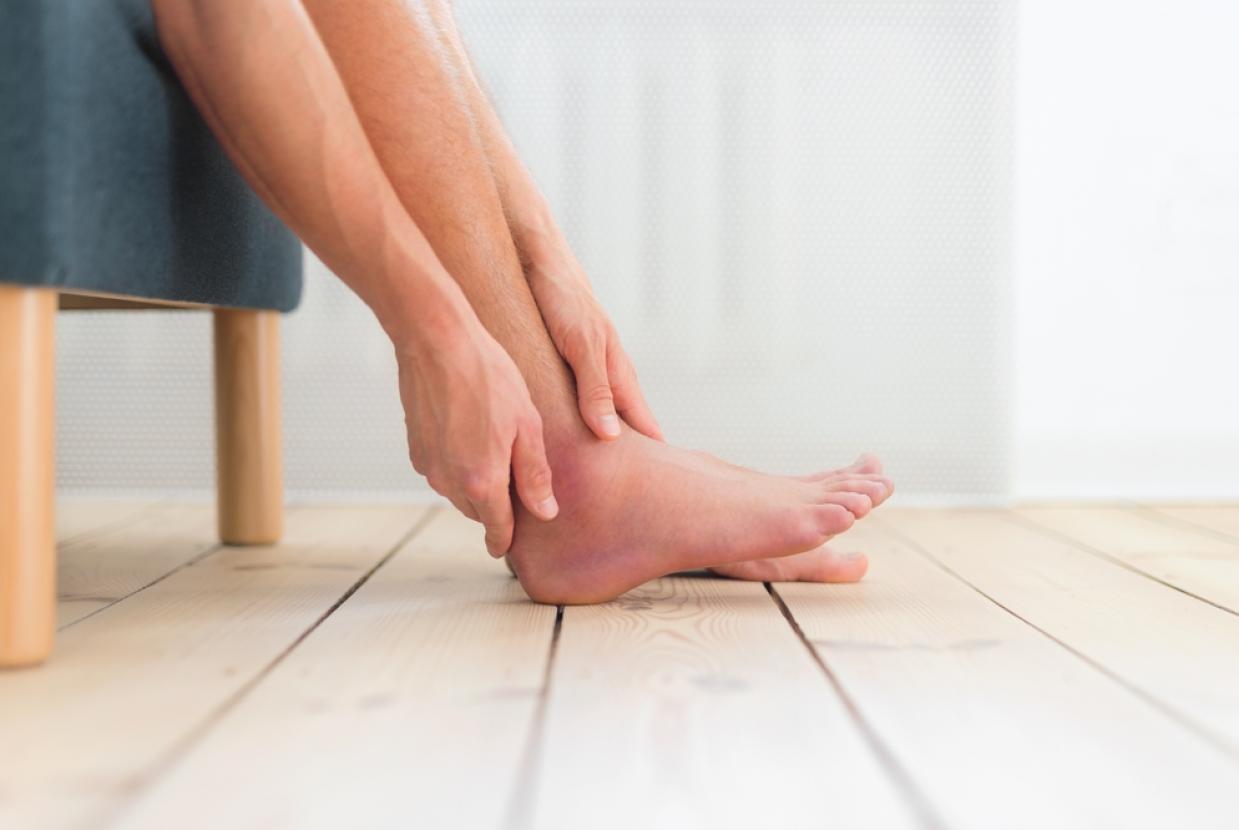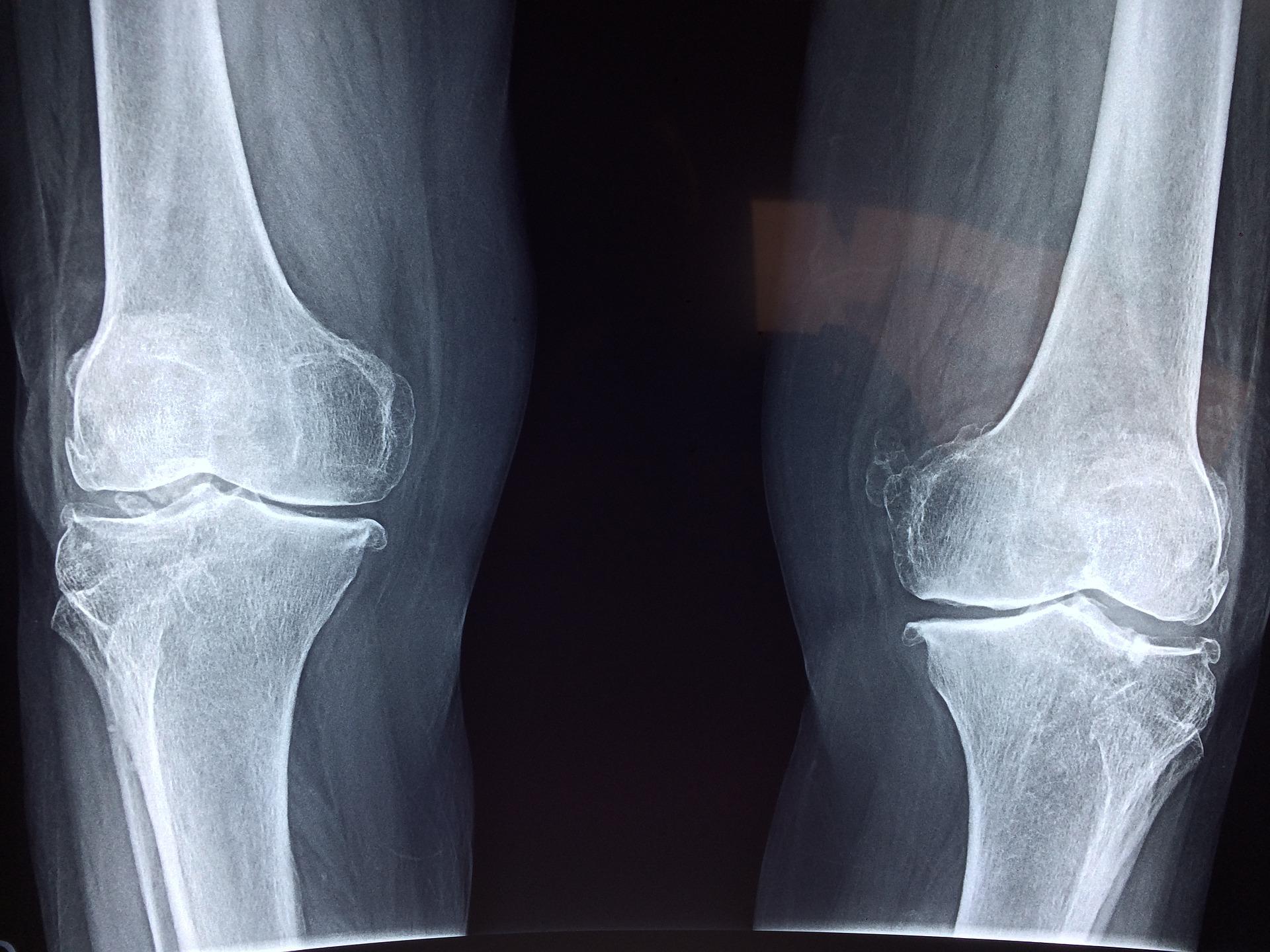Stress & Arthritis: Why It’s Important To Manage Your Stress Levels
Arthritis/Back Pain/Joint PainWe all face stress at some point in our lives. But if stress is leaving you feeling overwhelmed, it's not something to downplay or ignore. If left unchecked, stress can take a toll on our mental health. Plus, some research suggests that stress may worsen arthritis symptoms or even cause flare-ups.
The good news is, there are small steps we can take to better cope with stress. We spoke to Yeliz Prior, Professor of Clinical Rehabilitation at the School of Health and Society at the University of Salford, to learn more. Yeliz also lives with axial spondyloarthritis. This is a type of arthritis where the immune system is unbalanced and attacks and irritates the spine and surrounding tissues.
What is stress?
Stress is the body’s reaction to feeling threatened or under pressure. It often happens when we feel like we’re in a situation that we can’t manage or control.
Why is it important to manage stress? The connection between arthritis and stress
Stress can worsen autoimmune inflammatory arthritis, such as rheumatoid arthritis, psoriatic arthritis and axial spondyloarthritis. In conditions like these, the immune system, the body's natural defence system, is out of balance and can attack your joints, spine, and sometimes other organs too.
“Living with ongoing stress can negatively affect our health, especially if you have inflammatory arthritis,” says Yeliz. “That’s because long periods of stress can make inflammation and pain worse, which can worsen arthritis symptoms.”
Stress doesn’t just take a toll on us physically. It can be mentally draining too.
“Stress can negatively impact your mental health, potentially leading to anxiety or depression, which are common in people with long-term conditions,” says Yeliz.
“It can also affect your appetite, the ability to exercise and interfere with people’s sleep patterns, which is vital for managing pain and inflammation.”
Stress symptoms
Some common symptoms of stress include:
- Being irritable, angry or tearful.
- Feeling worried or anxious.
- Headaches or stomach problems.
- Difficulty sleeping or disrupted sleep.
- Fatigue.
- Difficulty concentrating or making decisions.
- Muscle tension or pain.
“If you have arthritis and are under stress, you might experience worsening joint pain” adds Yeliz. “It can also lead to behaviours like overeating or undereating, drug or alcohol misuse, or social withdrawal.”
Causes of stress
There are lots of causes of stress. For example, you might be stressed because of work deadlines, money worries, or because you’re organising a major event like a holiday or wedding.
However, Yeliz says that living with arthritis can itself bring potentially stressful challenges, such as:
- Living with pain and discomfort.
- Having difficulty getting around.
- Struggling with day-to-day tasks, such as cooking or cleaning.
- Coping with the shock of getting a diagnosis.
- Concerns about your long-term health.
- Financial worries due to potential loss of your work and livelihood.
- Fear of how your arthritis will progress.
- Strained relationships with friends and family that can come when you have arthritis, for example, if you need to cancel plans.
- Navigating health and social care services or government services.
Tips for managing your stress levels
Here are some tips from Yeliz to help you better cope with stress:
Reducing sources of stress
- Arthritis is unpredictable and, sometimes if you’re in pain or tired, you might need to cancel plans. Being flexible and adapting to new routines can be empowering and reduce feelings of stress.
- Better understanding your own condition and managing your symptoms may make you feel in control and less stressed. For that reason, it’s worth being actively involved in your treatment, learning more about your condition, and clearly explaining your needs to your healthcare team.
- If you’re feeling overwhelmed, don’t be afraid to ask for help. Reach out to friends, family, support groups, or get professional help, if you need it. Sometimes knowing someone is listening and acknowledges our feelings can help reduce our stress.
- Work can be a major source of stress, so it’s also worth considering how you can better manage it. For instance, could you ask your manager for help with your workload, better manage your time, or ask if your workplace has an employee assistant programme (EAP), which may offer advice or counselling.
Coping when you’re feeling stressed
Relaxation techniques, like mindfulness or deep breathing, can be calming when you’re feeling stressed. And taking part in hobbies might bring you joy and distract you from pain and fatigue.
For example, you could try:
- knitting, painting or other crafts.
- going for a walk with your dogs, friends or by yourself.
- watching your favourite TV series.
- listening to music or a podcast.
- reading a good book.
If you speak with your GP about feeling stressed, they might suggest you try a talking therapy, such as Cognitive Behavioural Therapy (CBT). It works on the idea that our thoughts, feelings, and behaviours are interconnected, and that changing negative thought patterns can change how we feel and behave.
Building resilience to stress
- Staying active can help to ease joint stiffness and reduce stress on your body.
- Getting a good night’s sleep can help you manage pain and boost your mood, which will help manage stress levels. So, try to stick to a regular bedtime routine, make your bedroom calm and comfortable, avoid caffeine after lunchtime, and switch off your devices an hour before bed.
- Staying connected with friends and finding a community can be a lifeline during tough times.
- Eating well isn’t simply good for your body, it's also helpful for your mind.
What support is available?
If your usual coping strategies aren't working and you’re feeling overwhelmed, remember you don’t have to face stress alone. If needed, you could also get support from:
- Your friends and family.
- Your GP.
- Mental health charities. For example, Mind and Anxiety UK, and Samaritans.
- Your workplace. Nowadays, many employers offer services like occupational health and employee assistance programs. These services can provide counselling and support. If you’re concerned about working with arthritis, it’s important to know your options and rights. For example, if you consider yourself disabled because of your arthritis, you have additional employment protections under the law. Being well informed will help you get the support you are entitled to, such as reasonable adjustments and the Access to Work scheme.
- The NHS website. This has a range of tools and resources to help you manage stress in your own time.
- Your university or college, if you’re a student. Many will have student support services or counselling available.


































































